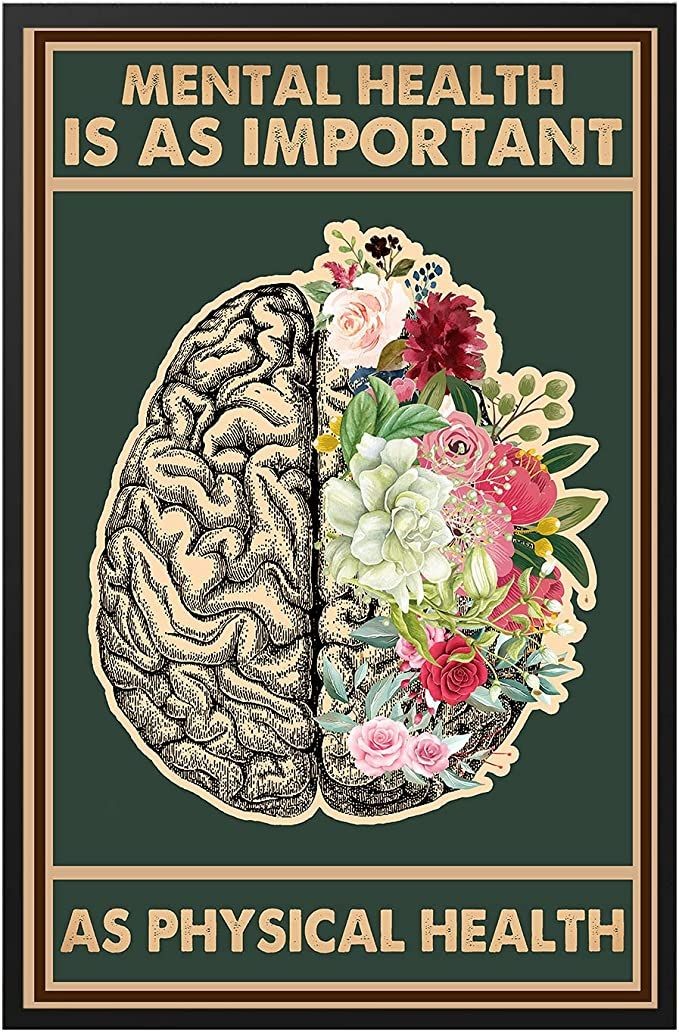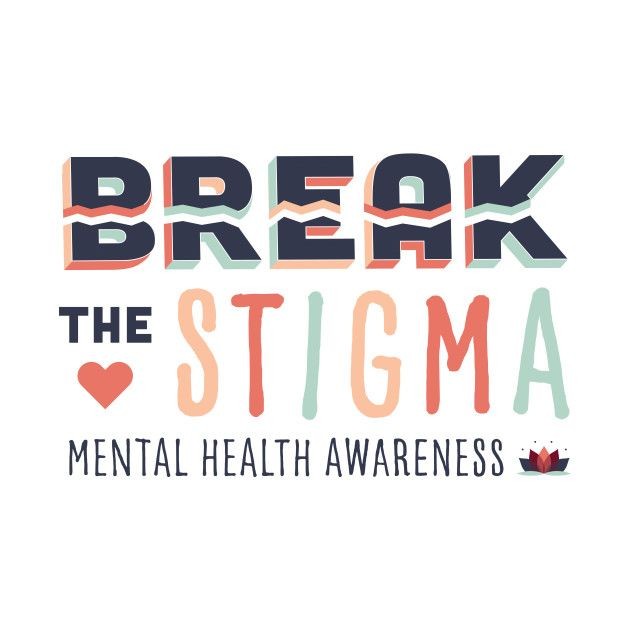10 Common Misconceptions About Mental Health.

Mental health is a critical aspect of overall health, yet it is often misunderstood and stigmatized in our society. Misconceptions about mental health can prevent individuals from seeking help and can lead to discrimination and prejudice towards those who struggle with mental health issues.
One common misconception about mental health is that it is a personal weakness or character flaw. This belief is simply not true. Mental health issues are caused by a combination of genetic, environmental, and social factors, just like physical health issues. People with mental health conditions are not weak or flawed, they are simply dealing with an illness that needs to be treated.
Another misconception about mental health is that it only affects certain people. In reality, mental health issues can affect anyone, regardless of age, gender, race, or socio-economic status. Mental health conditions are prevalent and can be caused by a variety of factors, including trauma, stress, and chemical imbalances in the brain.
There is also a misconception that mental health issues can be overcome by simply “pulling oneself up by the bootstraps.” While it is true that mental health treatments such as therapy and medication can be effective, they are not always enough. Mental health conditions are complex and often require ongoing treatment and support.
Another misconception is that mental health issues are rare. In fact, mental health conditions are quite common. According to the National Alliance on Mental Illness (NAMI), approximately 1 in 5 adults in the United States experience mental illness each year. Despite this prevalence, many people still feel shame and embarrassment about their mental health struggles and may be hesitant to seek help.
READ ALSO » Top 5 Causes Of Mental Disorder
Finally, there is a misconception that mental health issues are always obvious and easy to identify. However, this is not always the case. Many people with mental health conditions are able to function well in their daily lives and may not show obvious signs of illness. This can make it difficult for others to recognize when someone is struggling and may prevent them from receiving the help they need.
In conclusion, it is important to recognize and address misconceptions about mental health in order to promote understanding, compassion, and effective treatment for those who struggle with mental health issues. By educating ourselves and others, we can help break down the stigma surrounding mental illness and create a more supportive and inclusive society.
Below are listed 10 common misconception about mental health:
- Mental Health Issues Are Rare
- Mental Health Issues Are a Sign of Weakness
- Mental Health Issues Are a Choice
- Mental Health Issues Are Caused by Personal Weakness
- Mental Health Issues Are Contagious
- Mental Health Issues Are Rarely Treatable
- Mental Health Issues Are a Result of Weak Parenting
- Mental Health Issues Are a Result of Personal Choice
- Mental Health Issues Are a Result of Personal Failure
- Mental Health Issues Are Easy to Spot
Mental Health Issues Are Rare

One of the most common misconceptions about mental health is that it is a rare occurrence. However, mental health issues are more common than you might think. According to the World Health Organization, one in four people in the world will be affected by mental or neurological disorders at some point in their lives.
Mental Health Issues Are a Sign of Weakness

Another common misconception is that mental health issues are a sign of weakness. However, mental health issues are not a personal failing or a weakness of character. They are medical conditions that can affect anyone, regardless of their strength or resilience.
Mental Health Issues Are a Choice

Many people believe that mental health issues are a choice, and that individuals can simply snap out of it if they choose to. However, mental health issues are not a choice. They are the result of a complex interplay between genetic, environmental, and social factors.
Mental Health Issues Are Caused by Personal Weakness

Another common misconception is that mental health issues are caused by personal weakness or a lack of willpower. However, mental health issues are not a result of personal weakness. They are caused by a combination of biological, psychological, and environmental factors.
Mental Health Issues Are Contagious

Many people believe that mental health issues are contagious, and that they can be caught from being around individuals with mental health issues. However, mental health issues are not contagious. They are medical conditions that result from a complex interplay of factors.
Mental Health Issues Are Rarely Treatable

READ ALSO » 8 Surprising Mental And Physical Benefits Of Walking For 30 Minutes Every Day
Another common misconception is that mental health issues are rarely treatable. However, this is not true. Many mental health issues can be effectively treated through a combination of medication, therapy, and lifestyle changes.
Mental Health Issues Are a Result of Weak Parenting

Many people believe that mental health issues are a result of weak parenting or poor upbringing. However, this is not true. Mental health issues are caused by a combination of genetic, environmental, and social factors, and are not solely the result of poor parenting.
Mental Health Issues Are a Result of Personal Choice

Many people believe that mental health issues are a result of personal choice or lifestyle. However, mental health issues are not a choice, and can affect anyone regardless of their lifestyle or personal choices.
Mental Health Issues Are a Result of Personal Failure

Another common misconception is that mental health issues are a result of personal failure or a lack of willpower. However, mental health issues are not a result of personal failure. They are medical conditions that require treatment and support.
Mental Health Issues Are Easy to Spot

Finally, many people believe that mental health issues are easy to spot. However, this is not true. Mental health issues can be difficult to diagnose, and symptoms can vary widely depending on the individual and the specific condition.
In conclusion, mental health is a complex and nuanced topic that is often subject to many misconceptions. By understanding and challenging these misconceptions, we can work towards a better understanding of mental health and support individuals who may be struggling with mental health issues.
